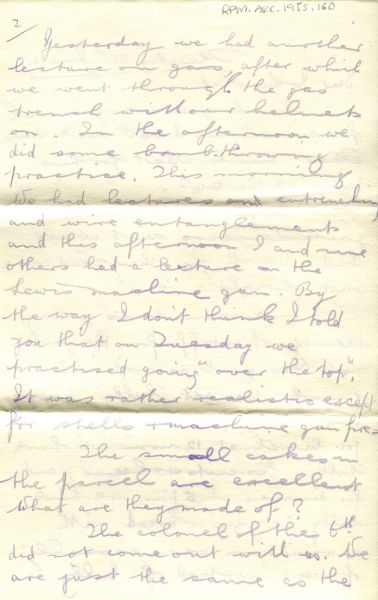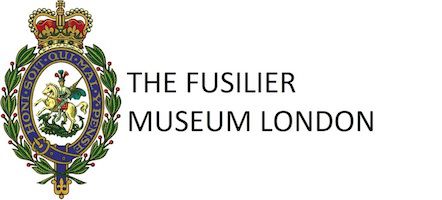Frank Moore was born in Farnham, Surrey in 1898 to Charles and Mary Moore. As a boy he went to Farnham Grammar School and was the organist at Froyle Church before enlistment.
Frank joined the 26th (Banker’s) Battalion in April 1916 and trained in Edinburgh from May until December, when he was sent to France. In January 1917, Frank was admitted to a hospital in Rouen for feeling ill. He was later diagnosed with Impetigo of the face and Pyrexia. From Rouen, Frank was sent to Birmingham Hospital and later moved to a Voluntary Aid Detachment Hospital in Coventry in March 1917.
In late April 1917, Frank was fortunate enough to receive a 10 day leave allowance to visit his Family back home in Farnham. Upon his return, he is given a lean bill of health in Dover and is sent back to the Front in July.
 On 30th July, Frank was wounded. The Hampshire
Chronicle relays the information to their readers on 11th August
1917, confirming that Frank was wounded in the right thigh by shrapnel during
the ‘recent big push’. Once he recovered Frank joined the 5th and 6th
Reserve Battalions, after which he joined the 24th (2nd
Sportsman’s) Battalion in May 1918.
On 30th July, Frank was wounded. The Hampshire
Chronicle relays the information to their readers on 11th August
1917, confirming that Frank was wounded in the right thigh by shrapnel during
the ‘recent big push’. Once he recovered Frank joined the 5th and 6th
Reserve Battalions, after which he joined the 24th (2nd
Sportsman’s) Battalion in May 1918.
He was wounded once again on 30th September 1918,
at the Battle of Cambrai, sustaining injuries to his head and shoulder. In a
letter home, dated 2nd October, he lets his family know that ‘The
wounds are not serious so don’t get worried.’ Due to these injuries, Frank is
recovering in Leicester when he hears about the armistice and the end of the war
and celebrated with a special tea and a visit to the Hippodrome.
Frank’s letters offer a contemporary account of what
training was like for soldiers. On 28th June 1917, Frank writes home
and goes into detail about his training:
Yesterday we had a lecture on gas after which we went through the gas
trench with our helmets on. In the afternoon we did some throwing practice.
This morning we had lectures on entrenching and wire entanglements and this
afternoon I and nine others had a lecture on the Lewis machine gun. By the way
I don’t think I told you that on Tuesday we practised going ‘over the top’. It
was rather realistic except for shells and machine gun fire.
Frank’s letters home also reveal that the family was musically
inclined. He would often play the piano at church in Dover and regularly
attended church services that included organs and would comment on how well, or
badly, the organist played! His brother Bert also played the violin back home.
Frank was also very religious and would quote hymns in his letters home and
would often get blessings from the local churches before going to the Front.
Frank concluded his service in Tipperary, Ireland, in
January 1919.
